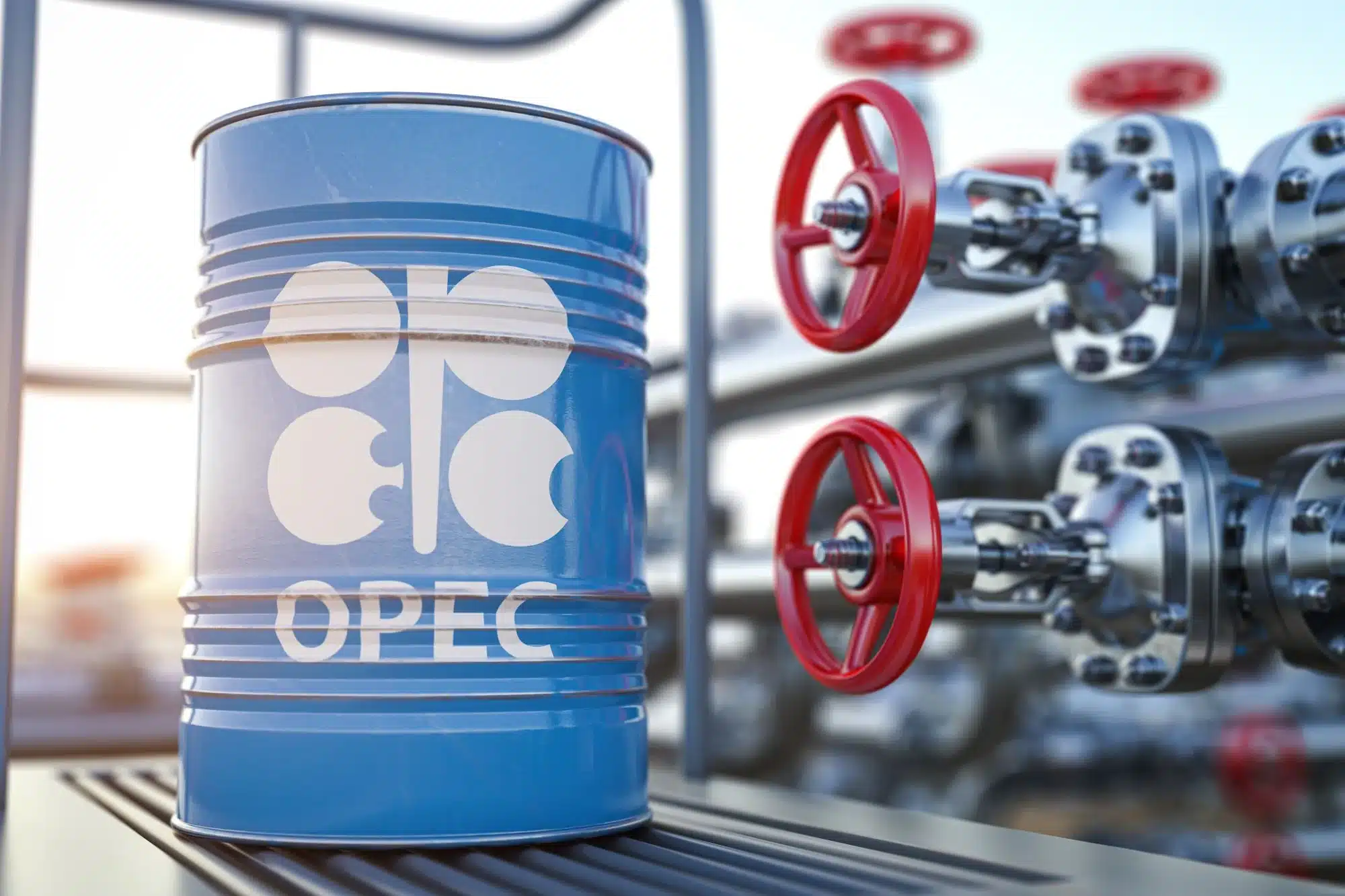
OPEC clarifies concerns in Nigeria over increased fuel prices, where local oil producers like Dangote Refinery have faced scrutiny.
The Organization of the Petroleum Exporting Countries, OPEC urges a change in perspective regarding the global energy market, highlighting that both consumers and producers are integral stakeholders in the energy ecosystem.


In a detailed article, OPEC Secretary General, Haitham Al Ghais clarified that the primary culprits behind high fuel prices are not the oil producers but the taxes levied by governments, especially in major oil-consuming countries.
He pointed out that crude oil is fundamental to various global industries, yet the narrative that oil price hikes directly benefit producers at consumers’ expense is misleading.
Al Ghais explained that while oil-producing nations earn from crude oil sales, the real financial beneficiaries of fuel retail are often the governments of consuming nations through taxation.
“Revenues are often generated, but they are predominantly earned by major oil-consuming countries through taxation,” Al Ghais said.
For instance, in the Organisation for Economic Co-operation and Development, OECD countries earned significantly more from fuel taxes than OPEC nations did from selling crude oil between 2019 and 2023.
In 2023, taxes formed around 44% of fuel retail prices in OECD countries, with some European nations exceeding 50%.
This insight is particularly relevant for Nigerian consumers, where the high fuel costs are not just about the price of oil or refinery profits but are heavily influenced by government-imposed taxes.
“It is important to recognize that the price paid by consumers at the pump is determined by multiple factors, including crude oil prices, refining, transportation, and, notably, taxes,” Al Ghais said.
Al Ghais emphasized that consumer prices reflect multiple factors, including taxes which funnel considerable revenue to governments. He also noted that while oil revenues are substantial for producing countries, much of it is reinvested into enhancing exploration, production, and infrastructure, ensuring a stable supply to meet global demand.
In conclusion, Al Ghais’s message is clear: the dynamics of fuel pricing are complex, with taxes playing a significant role in what consumers ultimately pay.
He advocates for a more collaborative view where consumers and producers recognize their shared interests in a sustainable energy ecosystem. This perspective is crucial for understanding the fuel price situation in Nigeria and globally, where taxation policies significantly impact retail fuel prices.

Leave a Reply